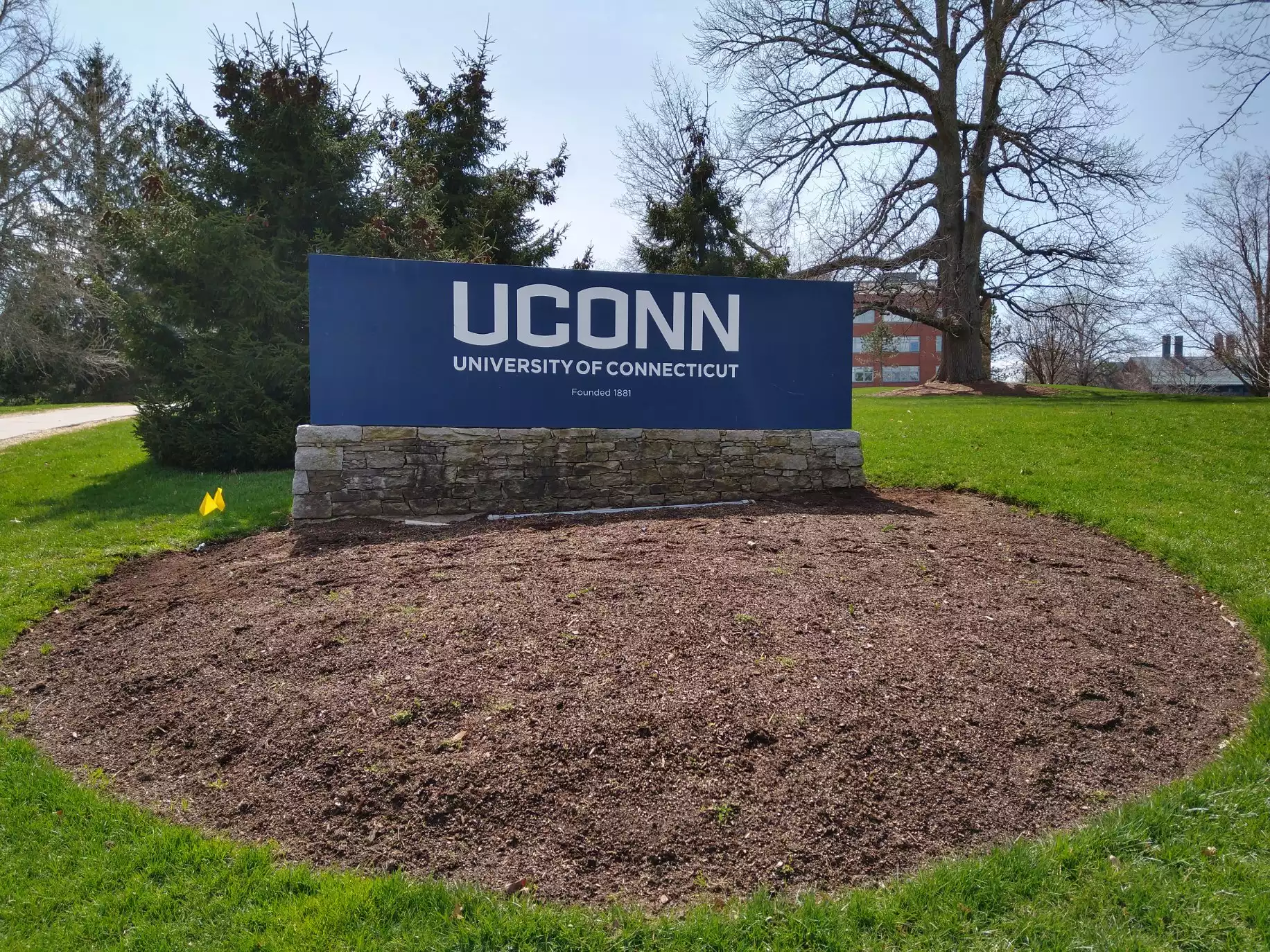The Wall Street Journal (WSJ) reported Wednesday (Aug. 10) that the country’s public colleges have “been spending money like there is no tomorrow” paid in part by students and their loans.
WSJ took a deep dive into financial records dating back to 2002 from “50 universities know as flagships, typically the oldest public school in each state, and adjusted for inflation.” They found at the median flagship university spending rose 38%; however, the University of Connecticut (UConn) was almost double that.
Between 2002 and 2022, UConn experienced a staggering 73% increase in its spending, outpacing the growth in enrollment by a significant margin. A major factor behind this surge was the rise in personnel costs “with spending on benefits more than tripling.”
Reka Wrynn, associate vice president of budget, planning and institutional research at UConn, correctly pointed the finger at big labor for their part in this fiscal dumpster fire. She said that the school was on the hook for a growing share of the state’s unfunded pension liability. Additionally, Connecticut was obligated to pay for raises that unionized employees negotiated with the state.
UConn’s Board of Trustees revealed last August that contributions directed towards addressing the unfunded pensions of state employees total $1,000 for each student. This financial obligation coincides with the ongoing increase in the university’s tuition fees.
Taxpayers are also on the hook. In 2022, UConn was responsible for paying $147.8 million in unfunded fringe liabilities but ended up being reimbursed by the state $111.1 million. The balance — $36.7 million — was paid for out of their revenues like tuition.
The bleeding doesn’t stop there. Lawmakers slipped into a budget funding for a pilot program designed to reimburse eligible individuals for their student loan payments.
Each participant will have the chance to receive up to $5,000 per year, with a maximum of $20,000 over four years of being part of the program. The distribution of awards will be based on a first-come, first-served approach for eligible applicants.
To qualify, participants need to have lived in the state for at least five years; maintain an adjusted gross income below $125,000 for individual filers or $175,000 for joint filers; possess a student loan from a public or private college; hold a professional or occupational license; and have left college with good academic standing before completing their degree.
In exchange for this substantial sum of money provided by taxpayers (including those who didn’t pursue higher education), recipients will be required to commit to volunteering a grueling fifty unpaid hours

